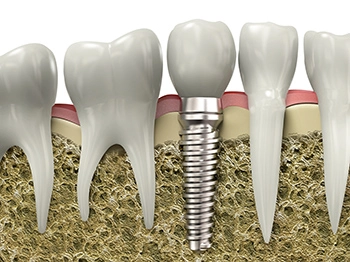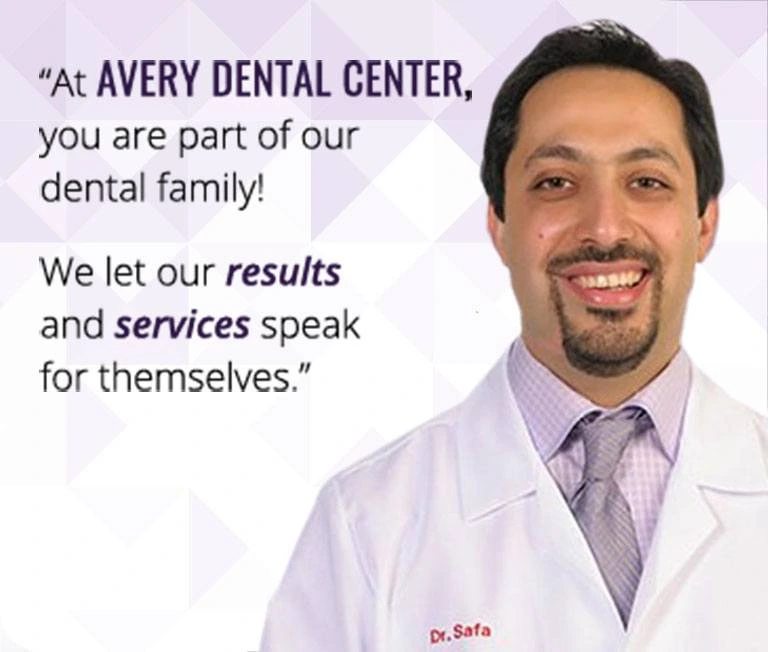Replacing missing teeth with dental implants promises a permanent smile solution, but the journey from toothless to thriving can raise questions. While the success rate of implants is incredibly high, understanding and addressing potential issues can help patients navigate the journey to restoring their smiles with confidence.
Dental implants have gained widespread acceptance as a superior alternative to traditional dentures for replacing missing teeth. These implants not only restore functionality but also blend seamlessly with natural teeth, enabling individuals to speak and chew without hindrance.
Treatment Length
Invisalign
As short as 6 months, with an average of 12 to 18
Braces
Average of 12 to 24 or more, depending on the type and severity of malocclusion
Can treatment be expedited?
Invisalign
Wear aligners for 20+hours a day, keep teeth and aligners clean, visit the dentist regularly to monitor progress
Braces
Visit the clinic as directed for adjustments, keep teeth and brackets/wires clean and free of plaque, avoid habits that could increase treatment time
Cleaning
Invisalign
Use a soft-bristled toothbrush and non-abrasive toothpaste to gently scrub aligners
Braces
Use an interdental toothbrush and water flosser to remove plaque and bacteria from around brackets and wires
Maintenance
Invisalign
Keep teeth and aligners clean for best results
Braces
Keep teeth and brackets/wires clean for best results
Removable?
Invisalign
Yes, aligners are designed to be removed while eating/drinking and while brushing/flossing teeth
Braces
No, traditional braces cannot be removed until treatment is complete, and the dentist is the only one that should remove them
Visits to dental clinic
Invisalign
Periodically, you need to visit the dental clinic to monitor your progress
Braces
Yes, you will need to visit the clinic every few weeks as teeth shift for adjustments
How much does it cost?
Invisalign
Starts at approximately $1,500 for up to 5 aligners and goes up to around $8,000 for unlimited aligners
Braces
Costs an average of $3,000 to $5,000+, depending on several factors
Benefits
Invisalign
Virtually invisible
Comfortable
Convenient
Braces
Does not require compliance- once braces are attached, they are not removable except by the dentist upon completion of treatment
Ideal for
Invisalign
Mild to moderate malocclusions, can be used for more severe along with attachments, depending on the type of malocclusion
Braces
Mild to severe malocclusions
What is a Dental Implant?
Dental implants mimic nature’s brilliance, acting as artificial tooth roots embedded in your jawbone. This titanium masterpiece integrates with your bone, providing a rock-solid foundation for a crown, replicating the look and function of a natural tooth. Getting dental implants involves several steps, including meetings with your dentist, surgery, and careful care afterward. Although complications are rare, like with any surgery, there’s a small chance of problems. But knowing about them helps you talk with your dentist and lower the risks so you can have a great smile.

4 Common Denture Implant Problems Are
The four common denture implant problems are as follows:
Infection
Your gums are warriors when it comes to protecting your pearly whites, and unfortunately, surgery can sometimes invite unwelcome guests – bacteria. Watch for redness, swelling, and pus around the implant site, as these signal an infection. Be your dentist’s early-warning system! Promptly report any suspicious signs for swift and effective treatment.
Insufficient Bone Support
Successful integration of the implant with the jawbone, known as osseointegration, is vital for implant stability. Insufficient bone mass may necessitate a bone graft to facilitate proper bonding between the implant and the jawbone. In rare cases, the implant and bone may not form a lasting bond, leading to implant loosening or loss. Don’t worry! Your dentist will explore options like re-implantation or alternative solutions like dentures.
Nerve Damage
Navigating the intricate maze of nerves in your jaw requires a skilled surgeon and precise planning. Despite careful maneuvering, sometimes nerves can get bumped or bruised during surgery, leading to temporary numbness or pain. Pre-surgical X-rays help surgeons chart a safe course, minimizing the risk of nerve damage. In most cases, any nerve irritation settles as the tissues heal.
Sinus Damage
Implants in the upper jaw pose a risk of sinus damage if they protrude into the sinus cavity. To mitigate this risk, patients may undergo sinus augmentation to create sufficient space for the implant without compromising sinus health.
Preventing Dental Implant Problems
Knowledge is power, and when it comes to dental implants, thorough pre-operative assessment and meticulous care are your allies. Here’s how you can champion your implant journey:
- Practice Good Oral Hygiene: Brush and floss religiously! Healthy gums and teeth provide a stable foundation for your implant. Don’t forget the antibacterial mouthwash – it’s your secret weapon against infection.
- Use a Mouthguard: If you’re a teeth-grinding champion, a nighttime mouthguard protects your pearly whites and your precious implant.
- Quit Smoking: Tobacco is the enemy of healing, hindering bone integration and increasing the risk of failure. Quitting before surgery gives your implant the best chance to thrive.
- Regular Dental Checkups: Even with implants, your dentist remains your smile guardian. Schedule regular checkups and promptly report any signs of trouble like pain, swelling, or loosening.
- Home Remedies: While most implant complications are easily managed by your dentist, some discomfort at home might call for quick fixes. Apply ice to reduce swelling, and over-the-counter pain relievers can offer comfort. Remember, these are temporary measures – always consult your dentist for proper evaluation and treatment
Conclusion
With proper planning, meticulous care, and a proactive approach, dental implants can transform your smile for a lifetime. Embrace the knowledge, champion good habits, and don’t hesitate to reach out to your dentist – they’re your partners in conquering any potential hiccups on your journey to a confident, radiant smile. Remember, complications are rare, and with the right strategies in place, your implant journey will be paved with success, leading you to a future of worry-free smiles.
Remember that our dentist at Avery Dental Center, Dublin, OH, is your partner in maintaining oral health, so don’t hesitate to seek advice. You can book an appointment online, or new patients can call us at 614-683-9557. At the same time, all other callers can call at 614-789-9000.
FAQs
How painful is dental implant surgery?
Most patients report mild discomfort during surgery, which is managed with local anesthesia. After surgery, expect some soreness, similar to tooth extraction, which typically subsides within a few days.
Is nerve damage common during denture implant surgery?
It’s rare, but nerves can get hurt during surgery. X-rays help the dentist avoid them. Usually, the pain goes away as you heal.
How can I prevent problems with my sinuses during denture implant surgery?
Sometimes, implants can affect your sinuses. Your dentist might do a special procedure to prevent that from happening.











